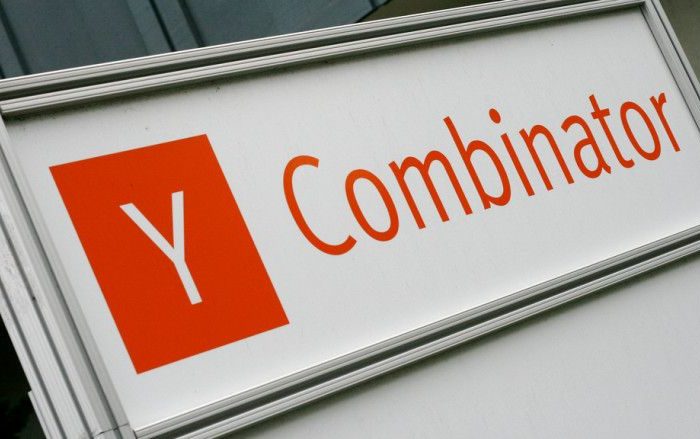EnerVenue launches with $12 million in funding to bring a zero maintenance and lower-cost alternative to lithium-ion batteries into the Clean Energy Revolution

Renewable energy generation is expected to account for more than half the world’s power supply by 2035, rising to 75% by mid-century. The cost of lithium-ion batteries has decreased quickly and markedly, enabling more enterprises and utilities to harness renewable energy sources at scale. However, lithium-ion batteries – as well as lead-acid or redox flow alternatives – incur relatively high operating expenses, struggle in extreme hot or cold climates, have a limited lifespan, and can impose safety and environmental challenges.
Enter EnerVenue, a Freemont, California-based energy tech startup that is building simple, safe, maintenance-free energy storage for the clean energy revolution – based on technology proven over decades in extreme conditions, now scaled for large renewable energy integration applications.
Today, EnerVenue launches with $12 million in funding to bring aerospace-proven metal-hydrogen battery technology into the Clean Energy Revolution. The investment enables EnerVenue to accelerate the development of its safe, maintenance-free, and cost-efficient clean energy storage solution.
Founded by Dr. Yi Cui, a Professor of Materials Science and Engineering at Stanford University, EnerVenue is a spinout of EEnotech, a materials-focused startup foundry that incubates and accelerates nanotechnology-driven solutions to water purification, grid-scale energy storage, smart wearable textiles, and other energy and environmental problems.
Unlike the lithium-ion batteries, EnerVenue’s metal-hydrogen batteries can last more than 30 years, with cost-per-kilowatt-hour cycles as low as a penny. Based on technology proven over decades under the most extreme aerospace conditions – including powering the International Space Station and Hubble Space Telescope – EnerVenue now brings metal-hydrogen batteries to the mass market with compelling financial and performance advantages over lithium-ion and other incumbent renewable energy storage alternatives.
“As an example of metal hydrogen batteries, nickel-hydrogen batteries have proven to be an incredibly powerful energy storage technology – albeit an expensive one – for the aerospace industry over the past 40 years,” said Dr. Yi Cui, a Professor of Materials Science and Engineering at Stanford University, and Founder, Chairman of the Board and Chief Technology Advisor, EnerVenue. “The performance and longevity of nickel-hydrogen batteries is well-established and second to none. We’re now able to deliver the same performance and durability at a breakthrough competitive price using new low-cost materials.”
“Ultra-long battery life with zero maintenance requirements even in the harshest climates is game-changing for stationary use cases such as solar plants in hot desert environments, wind farms, and micro-grids in difficult-to-reach locations,” said Jorg Heinemann, CEO, EnerVenue.
The seed round is led by Dr. Peter Lee, Chairman of Towngas, a leading energy company in Asia with 158 years of history, and includes Doug Kimmelman, founder of Energy Capital Partners. “Our investors bring more than capital – and we’re very excited about the investing team that has come together for our seed round,” said Heinemann. “EnerVenue will also benefit tremendously from the manufacturing facilities our investors provide for the development, and the access we now have to captive projects where we can clearly demonstrate the bankability of what we are bringing to the market.”
“Most analysts predict our overall energy mix shift to at least 75% renewable by 2050,” said Kimmelman. “The world has been assuming a major battery breakthrough to support that shift. EnerVenue will be one of the companies delivering the energy storage breakthroughs we need.”

